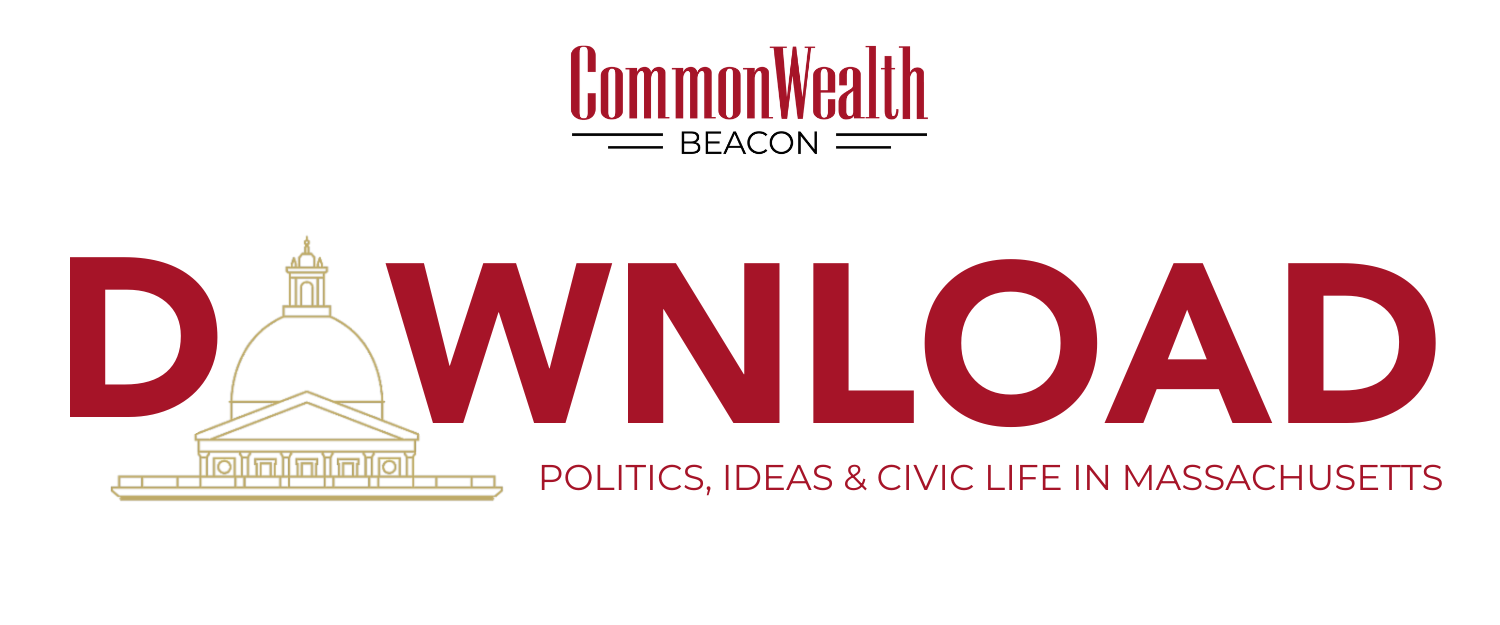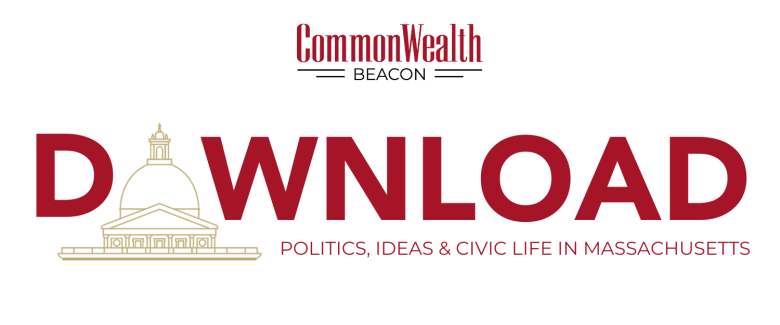New from CommonWealth Beacon
A CRAP DEAL: Despite major progress, more than 40 combined sewer overflow sites along the Charles, Mystic, Alewife Brook, and Boston Harbor persist – discharging wastewater into rivers – partly because addressing them comes with more complicated engineering challenges and therefore higher costs. Bhaamati Borkhetaria digs into the problem, which is likely to worsen in the coming decades without action.
SHOT IN THE ARM: Gov. Maura Healey on Thursday announced state measures designed to break ties with federal immunization policies, ensure the availability of COVID-19 booster shots at retail pharmacies, mandate insurance coverage of vaccines and establish a regional public health collaborative. Alison Kuznitz of the State House News Service has more.
September 5, 2025
From the center of downtown Boston, getting to a hospital or health center can be as straightforward as walking a few blocks in any direction. Within 30 minutes of drive time from Tufts Medical Center, there are 23 other acute care hospitals, according to state data.
In more far-flung regions of the state, a long drive or a patchwork of transit modes can stand between someone in need of health care and the place best able to provide it. Within 30 minutes of Berkshire Medical Center, the midsized nonprofit community hospital in Pittsfield across the commonwealth from Boston, there are no other acute care hospitals. Same for Cape Cod Hospital.
While most health care analyses rank Massachusetts at the pinnacle of state health system performance – consistently sitting among the states with the best health care coverage and access, highest childhood vaccination rates, highest health insurance coverage, lowest infant mortality, and fewest premature avoidable deaths – geographic barriers persist.
And the looming promise of Medicaid cuts – plus an already overburdened system in regions like southeastern Massachusetts, where staffing shortages and higher rates of uninsurance are exacerbating health care costs – casts a pall over the comparatively sunny overall health stats.
“We know that patients face many barriers to accessing care, and geographic distance is one of those barriers,” said Amie Shei, president and CEO of the Worcester-based Health Foundation of Central Massachusetts. “It’s not simply the number of miles from point A to point B along a straight line, it’s the particular options this person has access to.” (Shei is on the board of MassINC, CommonWealth Beacon’s publisher.)
The state has several ways to measure and identify geographically vulnerable medial areas. One measure tracked by the Department of Public Health is health workforces shortages, which is often a measure of geographic vulnerability because people in areas with fewer doctors and health resources have fewer care options within a reasonable distance. Five Massachusetts regions are federally designated as geographic areas with a shortage of providers: Dukes County, a combined stretch of Hampden and Hampshire counties, Nantucket County, the North Quabbin region of Franklin and Worcester counties, and the Southern Berkshires.
Similarly, the state has 46 “medically underserved areas” – geographic areas with a lack of access to primary care services – almost all of which have held the designation for around three decades and are scattered across the state from Berkshire to Dukes counties in rural and urban centers.
Travel and geography alone are not the main driver of access issues, but in a cost- and staff-strained health care environment, it’s a part of “all of the above” calculation that explains why Massachusetts residents sometimes go without care.
Even if the direct financial hurdle to medical care can be cleared, someone may need to have family or friends who can give them a ride, or have public transit that’s reliable and can get the person near enough to their care facility in time, or secure child care while half a day is spent traveling to and from appointments.
“All of this takes mental energy,” noted Shei. “It takes access to technology and being able to navigate a complex system. The more barriers you layer on, the more likely it is that someone may delay or forego care.”
More from CommonWealth Beacon
OPINION: Kendra Winner’s son Aidan suffered multiple brain injuries during a car accident. After watching Aiden go through 10 surgeries and almost 80 days in intensive care, Kendra faced a second fight for his health with the insurance company to get the long-term care her son needs.

After ruling on consumer protection violations, BlueHub digs in its heels
This week on the Codcast, CommonWealth Beacon reporter Jennifer Smith talks with Elyse Cherry, CEO of BlueHub Capital, to discuss the recent court decision that BlueHub violated consumer protection statutes around lending. Where does the case go next, and why did lawmakers push for new rules tailored to BlueHub’s controversial lending practices?
What We’re Reading
IMMIGRATION: The Trump administration has sued Boston Mayor Michelle Wu and the Boston Police Department, saying the city’s Trust Act policy that limits cooperation with immigration enforcement officials only to criminal matters violates federal law. (WBUR)
ENERGY: During a hearing on a multi-state lawsuit against President Donald Trump’s wind memorandum that has frozen offshore wind permitting for the last eight months, a Massachusetts judge again expressed some skepticism about the effect of ruling against the administration when it is so clearly opposed to the offshore wind industry. (New Bedford Light)
VOTING: Advocates are pushing for same-day voter registration among a host of bills that aim to expand voting access across the state. Twenty-two states and Washington, D.C., now allow for same-day voter registration, which proponents say increases voter participation, particularly among Black and brown communities, and cuts down on the use of provisional ballots. (MassLive – paywall)
EDUCATION: Harvard faculty members are celebrating a ruling this week from Judge Allison Burroughs, who ruled the administration tried to strong-arm Harvard by dictating admissions, hiring, and disciplinary practices. The ruling reversed billions in research cuts to the university. (GBH News)
SOCIAL MEDIA: The town of Brookline and its public schools recently joined more than 100 other municipalities and districts in suing social media companies, alleging that their platforms are designed to addict young users and have harmed their health. (Brookline News)
Published by MassINC
CommonWealth Beacon
11 Beacon Street, Suite 500
Boston, MA 02108
United States
To unsubscribe from the Saturday Send, click here.
Related



